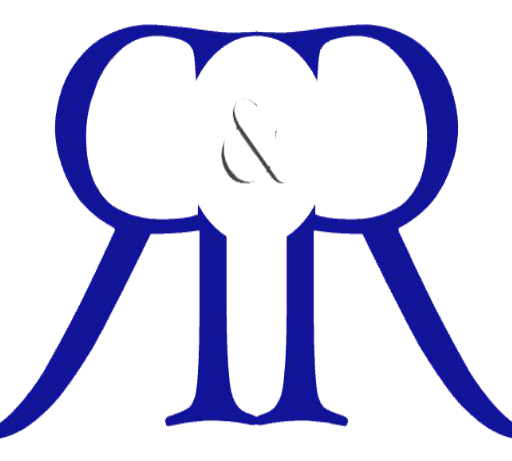How the Pandemic Affects 2020 Income Taxes for Individuals and Businesses
2020 was certainly a year unlike any in recent memory. Almost everything changed last year, and that includes income taxes. The 2020 tax year is shaping up to be quite different, so it’s important to know what changes have been made so you can make sure your personal or business taxes are filed correctly.
The Tax Deadline Has Not Changed
Before mentioning what will be different on 2020 tax returns, it’s important to mention something that won’t be changing and that’s the deadline for when income taxes are due. The deadline to file 2019 taxes was extended due to COVID-19, but that won’t be happening this year. For the 2020 tax year, individual tax returns and payments are due on April 30th, 2021, while self-employed returns are due on June 15th, 2021.
COVID-19 Government Support Payments
Perhaps the biggest change is that many individuals and businesses received government support payments to help them get through the pandemic. For instance, Canadian employers who experienced a drop in revenue during the COVID-19 pandemic may have received the Canada Emergency Wage Subsidy (CEWS). This is a subsidy designed to cover part of employee wages.
CEWS benefits are taxable and must be included as a part of taxable income on personal, corporate, or partnership income tax returns as applicable. The same is true for the Canada Emergency Rent Subsidy (CERS). This support was offered to organizations that experienced a drop in revenue due to the pandemic and was designed to cover part of their commercial rent or property expenses. Qualifying claimants must include these payments in their taxable business income.
Amounts paid to individuals through the Canada Emergency Response Benefit (CERB) or Canada Recovery Benefit (CRB) are also taxable. These programs were designed to support individuals through the pandemic and the Canada Revenue Agency (CRA) will issue a T4A slip to each person who received them showing the amount received in 2020.
Working from Home
More people than ever worked from home in 2020. For this reason, the government has introduced a simplified process for claiming home office expenses. Employees who worked from home more than 50% of the time for at least four consecutive weeks in 2020 due to COVID-19 are eligible to claim home office expenses deductions. The list of eligible expenses has been expanded to include home internet access fees.
In addition, the CRA allowed employers to reimburse employees up to $500 for the purchase of personal computer equipment and home office furniture to make working from home possible. This reimbursement is not considered taxable income as long as the equipment is used mainly for the benefit of the employer.
Other Tax Changes
There are additional tax changes that may be applicable to certain individuals and businesses. The tax professionals at Ralevic & Ralevic LLP keep up to date on current tax developments and work with our clients to maximize tax savings and ensure compliance with CRA rules. For more information, please read about our tax services or contact us today to find out how we can help you.









